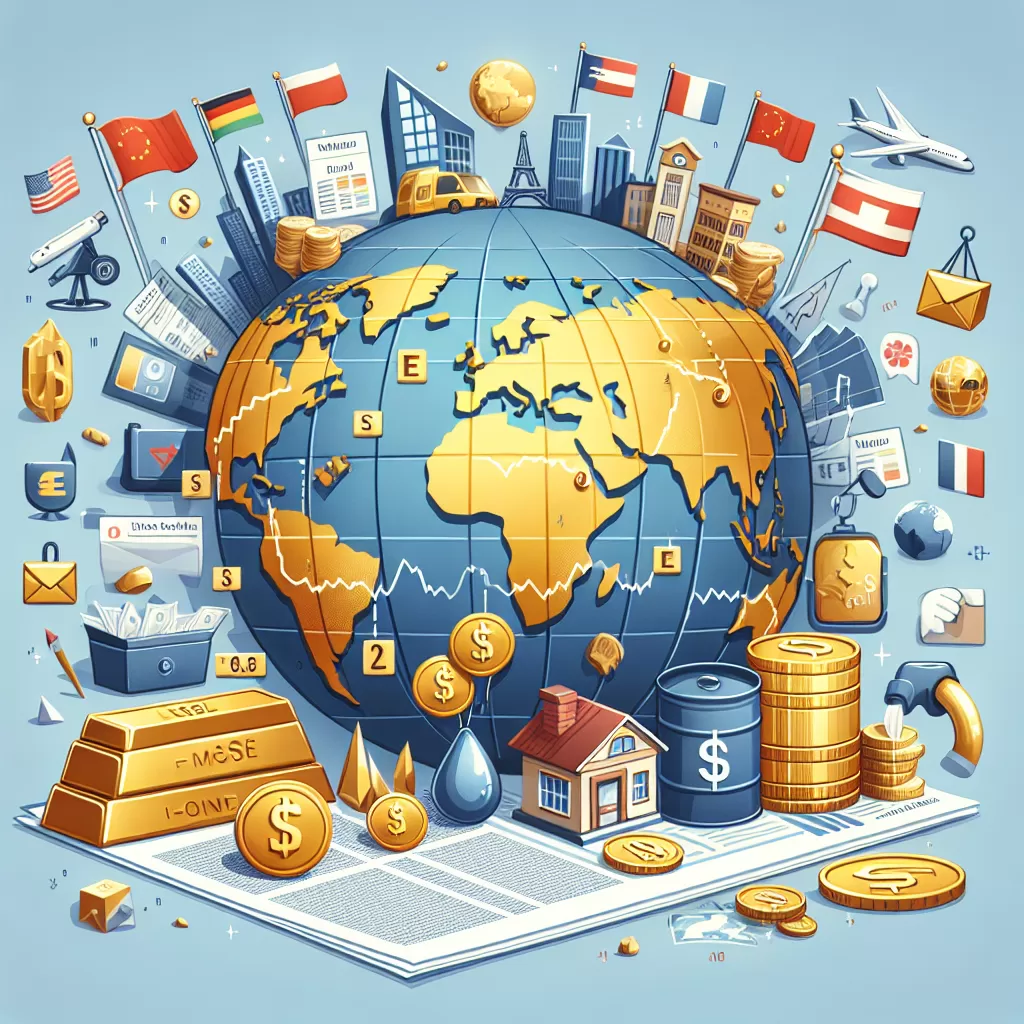What Affects Currency Exchange Rates

Understanding the Factors That Affect Currency Exchange Rates
Exchange rates play a pivotal role in the global economy, laying the foundation for the values of currencies as they dance across nations. Through understanding the influential factors, we can glimpse the unpredictable rhythms which drive currency values and fluctuations. This article explores the various market forces that significantly impact currency exchange rates.
Interest Rates
One of the fundamental influencers of exchange rates are interest rates set by the central banks of the various global economies. A higher interest rate yields higher returns on investments, attracting investors and increasing the value of the local currency. Conversely, lower interest rates may deter investors, resulting in a weaker currency compared to its counterparts. Central banks often use interest rate adjustments as a tool to control inflation, thereby indirectly influencing exchange rates.
Inflation Rates
Inflation rates and currency exchange rates share an intriguing inverse relationship. Economies that effectively maintain lower inflation rates often see an appreciation in their currency value. Lower inflation signifies increased purchasing power of a currency, further improving the exchange rate. Contrarily, higher inflation usually devalues the currency leading to a decrease in the exchange rate. Central banks often seek to manage this delicate balance to safeguard their economy's well-being.
Political Stability and Economic Performance
The political climate and economic performance of a country can have profound effects on exchange rates. Countries with stable political landscapes and robust economies typically attract foreign investors, bolstering the strength of their currency. On the other hand, countries plagued by political uncertainties or economic instability may see a fall in investment, thereby depreciating their currency. This inherent link makes understanding geopolitics pivotal in comprehending currency fluctuations.
Government Debt
The level of national debt harbors substantial implications for currency exchange rates. Countries with large amounts of debt are typically less attractive to foreign investors due to the likelihood of inflation. If a nation's government is unable to service its debt, it may resort to printing money, leading to inflation, and consequently, a lowering of the currency's value.
Terms of Trade
A country's terms of trade (ToT) - the ratio of export prices to import prices - can influence currency exchange rates. If the ToT improves due to higher demand for the country's exports, revenue increases, leading to a stronger currency. However, if export prices plummet, it can negatively impact the value of the currency.
Speculation
If investors believe a currency will rise in value, they might buy large amounts of it, leading to an increase in demand and consequently, an appreciation in value. The phenomenon is largely dictated by market sentiment, trends, and speculation - highlighting the power of human emotions and expectations on the tapestry of currency exchange.
Recession
During times of economic recession, investors often seek refuge in safe-haven currencies. These are typically currencies of politically stable countries, like the US Dollar or Swiss Franc. During these periods, demand for these currencies escalates, strengthening their value, while weakening currencies of countries in recession.
Mastering the understanding of these drivers and the interplay between them can significantly contribute to making informed decisions about currency exchange. As the Guardian of Currency Exchange, the responsibility is vested in me to provide a clearer picture of this intricate domain. By learning to interpret this dance of numbers, a world of opportunity awaits.